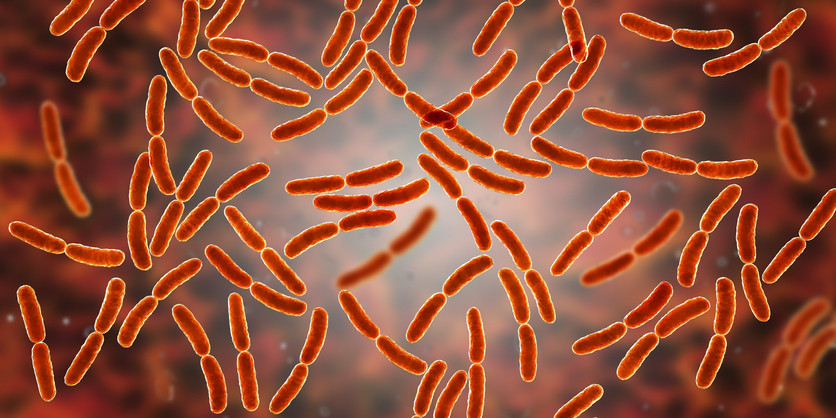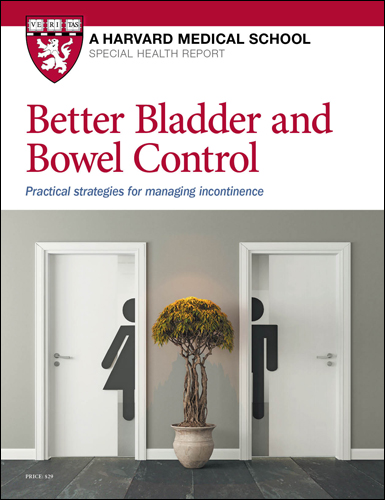Harvard Health Blog
An emerging link between the urinary microbiome and urinary incontinence

Most people know that microorganisms live on our skin, and in other places in the body such as the digestive tract. However, traditional thinking and medical teaching was that there was no such microbiome in the urinary tract. Many people may still believe that urine is sterile.
Advanced detection methods such as enhanced urine cultures and DNA sequencing have shown that this is not true. These newer technologies have enabled identification of low levels of microorganisms that were not previously detected using conventional methods. This has revolutionized how we think about the urinary tract when it is both healthy and unwell, and has led to a paradigm shift as we recognize that the bladder, like other parts of the human body, is widely colonized by microorganisms.
Gaining insight into the urinary microbiome
The urinary microbiome has quickly become a hot topic of investigation, leading to a burgeoning collection of scientific literature in this area. Multiple scientific investigations have studied which microorganisms make up the urinary microbiome, and how changes in the microbiome may result in or be a result of disease.
Lactobacillus is the most common species of bacteria in the female urinary microbiome, but other bacteria including Streptococcus, Staphylococcus, Aerococcus, Gardnerella, and Bifidobacterium are also present. There’s evidence that the urinary microbiome changes with age. In addition, previous studies have shown that women with various urologic conditions, including overactive bladder and interstitial cystitis/bladder pain syndrome, have an altered urinary microbiome.
Study links urinary microbiome and urinary incontinence
In a recent publication in the American Journal of Obstetrics and Gynecology, researchers found that women with urinary incontinence — urine loss beyond one’s control — had different urinary microbiomes compared with continent women. The microbiomes differed not only in terms of the types of bacteria present, but also in terms of the diversity of species present. Furthermore, women who had stress urinary incontinence (urine loss with physical activity) had different urinary microbiomes compared to women who had urgency urinary incontinence (urine loss with a sudden desire to urinate).
In a sense, these findings are not surprising given that stress and urgency urinary incontinence have different underlying causes. Stress urinary incontinence is thought to be more of an anatomic problem (having to do with the structure of body parts), while urgency urinary incontinence is thought to be more of a physiologic one (how body parts function).
These study findings raise the question of whether differences in the urinary microbiome play a role in causing urinary incontinence, or are a consequence of these conditions — not unlike the chicken-and-egg conundrum. Further research is needed to better understand the connection.
A role for probiotics in treating urologic conditions?
These study findings may also prompt questions about whether probiotics have a role in managing urinary incontinence. However, most urinary microbiome studies to date are descriptive in nature, and have not looked into probiotic use for the treatment of most urologic conditions. However, there are some studies (like this one and this one) that suggest Lactobacillus-based probiotics may be effective in preventing urinary tract infections.
Emerging research about the urinary microbiome represents an important next step in our quest to increase the treatment options available to women with urinary incontinence and other urologic conditions.
About the Author

Jeannine Miranne, MD, MS, Contributor
Disclaimer:
As a service to our readers, Harvard Health Publishing provides access to our library of archived content. Please note the date of last review or update on all articles.
No content on this site, regardless of date, should ever be used as a substitute for direct medical advice from your doctor or other qualified clinician.














